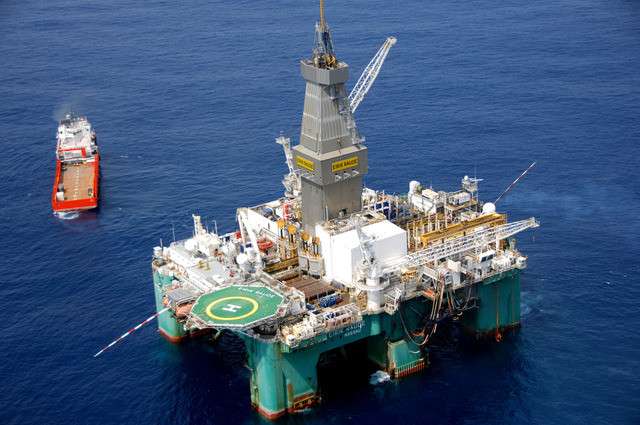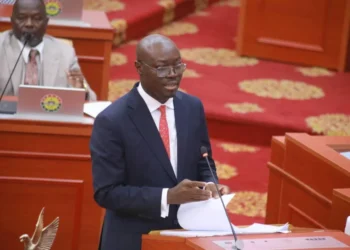Looks like Ghanaians are gearing up for the festive season, but this time around, the bustle that mostly characterizes such preparations seem to have waned, owing to fears of rising fuel prices and the associated effects of inflation.
Having escalated into an eventual crisis, while surpassing accommodative levels, global crude oil prices have risen to new three-year high, reaching US$85.89 per barrel. Following this, price watchers and market forecasters have cautioned that crude oil prices may hit US$100 per barrel by year’s end.
Though this rising trend in crude is attributed to the rebound in global economic activity, and the switch from gas to oil due to higher gas prices in the UK and Europe, OPEC and its allies continue to remain bearish, hinting that supply will ease only gradually due to oversupply concerns.
At home, fuel prices have remained bullish for the most part of the year. And unfortunately, the odds have been against the consumer: household bills are on the high side; transport fares are rising; food prices are also rising, etc.
Without belaboring the point, the worst is yet to come as market dynamics provide telling evidence that this may not assuage any time soon as the festive season approaches. For the fact that, festive seasons are associated with the surge in economic activities, thus indicating that fuel prices will rise further.

Govt’s proposed action at slumber
Given the extent of this dire situation, the government’s proposed action to help cushion consumers, although a step in the right direction, appears only to ‘scratch the surface’ of the real issue. Even so, the government’s move to zero the price stabilization and recovery levies (PRSL) is yet to reflect in the price build-up.
Currently, fuel prices stand at GHS6.80, rising from GHS6.52 in early October, 2021. Some experts and pundits have indicated that the pressure from global oil prices will still remain the most contributor to rising fuel prices.
Speaking to the Vaultz News, Dr Yusif Sulemana, an energy analyst and Senior Oil Production Operations Specialist with Petroleum Development Oman intimated that:
“This will be exacerbated by the coming festivities, because there will be much more travelling. And so demand is certainly going to pick up momentum… prices are not going to come down. At best, probably with the help of the [proposed zeroing of the PSRL], they may get stabilized somewhere, but with the rising of oil prices on the global market… this particular tax component may not have much of a significant impact.
“There is no immediate end in sight to this upward trajectory of crude oil prices because, with the posture that OPEC and its allies are taking with this oil prices: As in the inertia in releasing the barrels to the market and Shale patch also not in a hurry to get the market flooded. These are all bullish sentiments… So it’s high time we take very quick actions.”
Dr Sulemana, Exergy Consultant

Short term and long-term measures
In the short term, he advocated that the government must implement drastic measures such as reducing the taxes/levies on petroleum products. By tweaking the levies to a larger extent, the government can help cushion consumers, although the results of such move also depends on international dynamics, he suggested.
In the long term, he said “nations with a seamless link between their upstream and downstream sectors… are in a better place to neutralize the impact of [oil] price shocks.” Thus, the government should “think about building [Ghana’s] downstream [sector] seriously… by having a working refinery, a vibrant and efficient one. If that happens, the situation where oil prices move towards bearish or bullish trajectory, [the country] will be cushioned”.
Indeed, it is only rational that the government puts all its arsenals to work in order to help cushion petroleum consumers. Peeking into the next two months, everything shows that consumers’ well-being do not look too good.
Instead of doing little than enough, the government should be seen as taking the bull by the horn to ensure consumers and businesses are not ‘crushed’ by the effects of rising fuel prices.
READ ALSO: Use 2022 Budget to Reset Fiscal Policy– Dr. Addison























